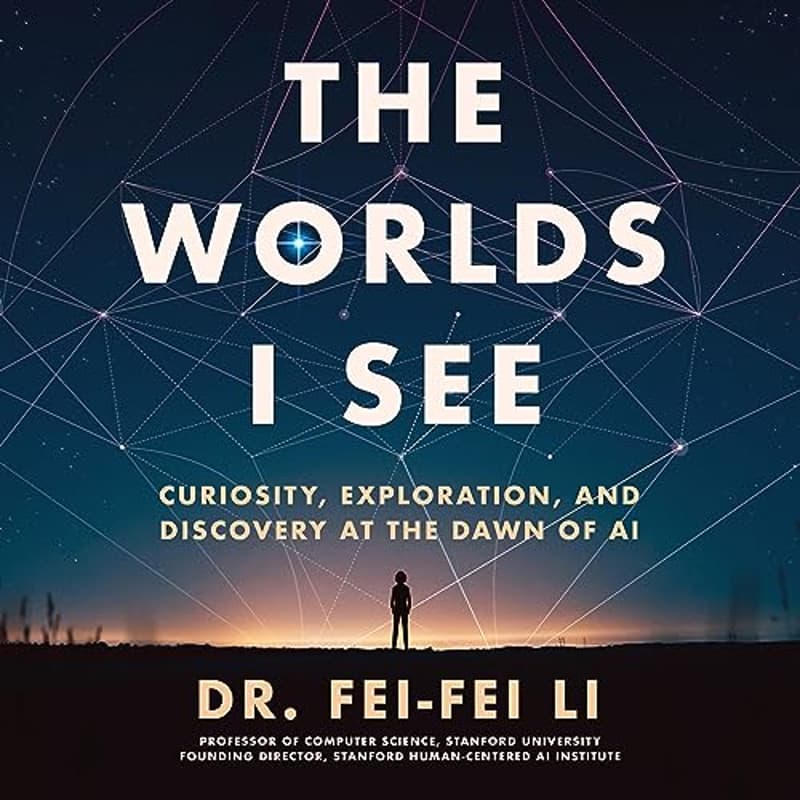

Podcast Discussion: Spatial Intelligence is the Next Frontier in AI | Dr. Fei-Fei Li
Dr. Fei-Fei Li is often called the godmother of AI—and for good reason. Before the world had AI as we know it, she was helping build the foundation. In this fireside, she recounts the creation of ImageNet, a project that helped ignite the deep learning revolution by providing the data backbone modern computer vision needed. She walks through the early belief in data-driven methods, the shock of seeing convolutional networks outperform expectations in 2012, and how those breakthroughs led to captioning, storytelling, and ultimately, generative models. Now, she’s taking on one of AI’s hardest frontiers: spatial intelligence. Fei-Fei shares why modeling the 3D world is essential for AGI—and why it may be even more difficult than language.
Here is how it works:
Prior to the event: Watch/listen to the following 44-min Discussion Video: https://youtu.be/_PioN-CpOP0?si=wTYqI8g8L44TbwVn
During the event: We will breakout into small groups (max 6 people per group).
Discussion Questions:
ImageNet reframed AI around data-driven learning, proving that data quantity and quality fuel generalization. How can we design the next paradigm shift in AI by rethinking where our data, and its limits, come from?
The 2012 “AlexNet moment” showed innovation happens when data, compute, and algorithms converge. How might we intentionally create the next such convergence instead of waiting for it to happen by chance?
True AGI requires spatial intelligence, the capacity to model, reason, and act in 3D space. How can we push AI to grasp and navigate the physical world as deeply as it now processes language?
Vision is harder than language because 3D perception is complex, data-scarce, and bound by physics. How might we overcome the data and modeling challenges of spatial intelligence without brute-forcing them?
Fearlessness drives innovation. Bold, even “delusional” ideas often define breakthroughs. How can we cultivate organizational cultures that reward intellectual audacity over safe incrementalism?
With compute and data moving to industry, academia’s strength lies in theory, interdisciplinarity, and open ecosystems. How can academia and industry better complement each other to advance AI responsibly and creatively?
👥 Who should join
AI practitioners, startup founders, students, and researchers curious about AI’s development and impact.
Community Ground Rules
To provide an enjoyable experience for fellow participants, here are three ground rules during discussion events:
Step up and step back. (If you feel that you’ve been talking too much, step back to listen more. If you feel that you’ve been relatively quiet, step up to share your perspective or ask a question)
Listen to understand, not to respond.
Be open-minded and value differences.